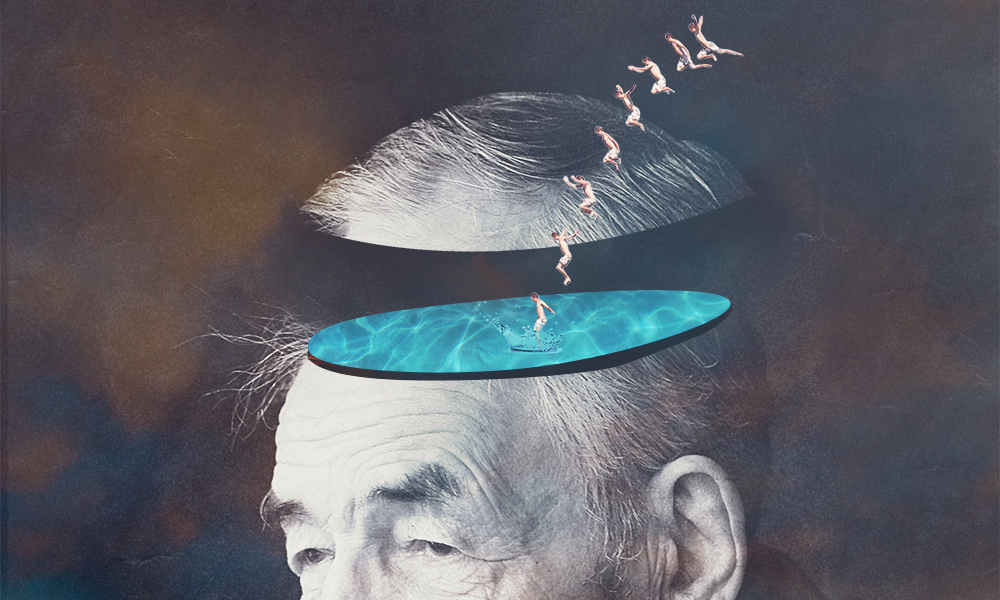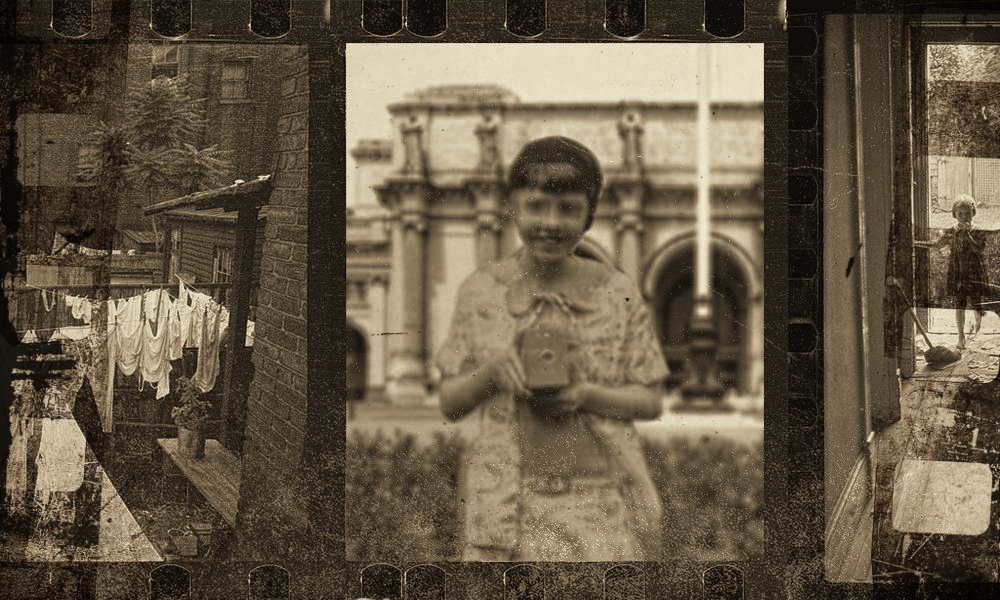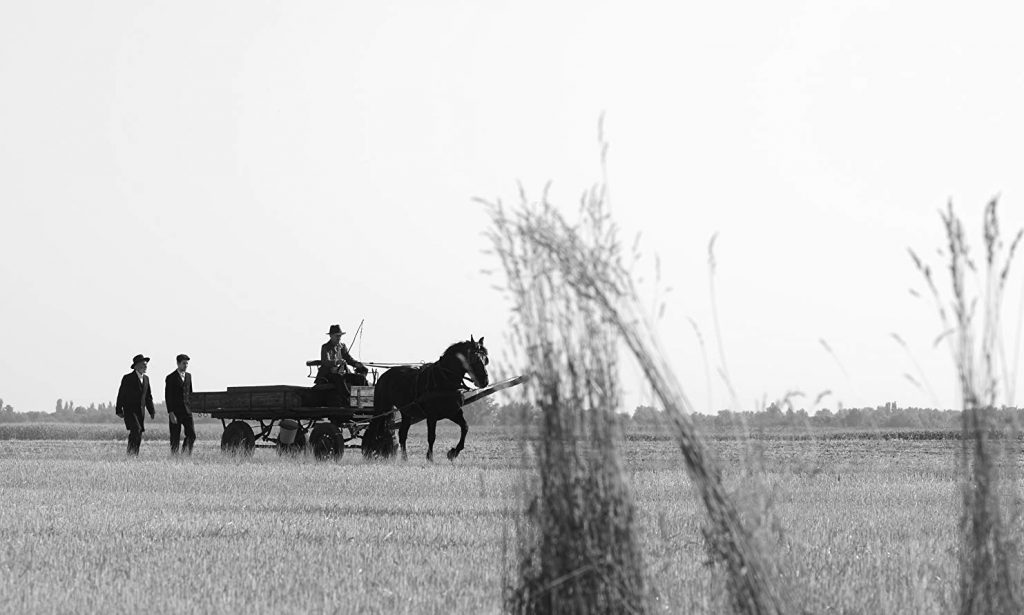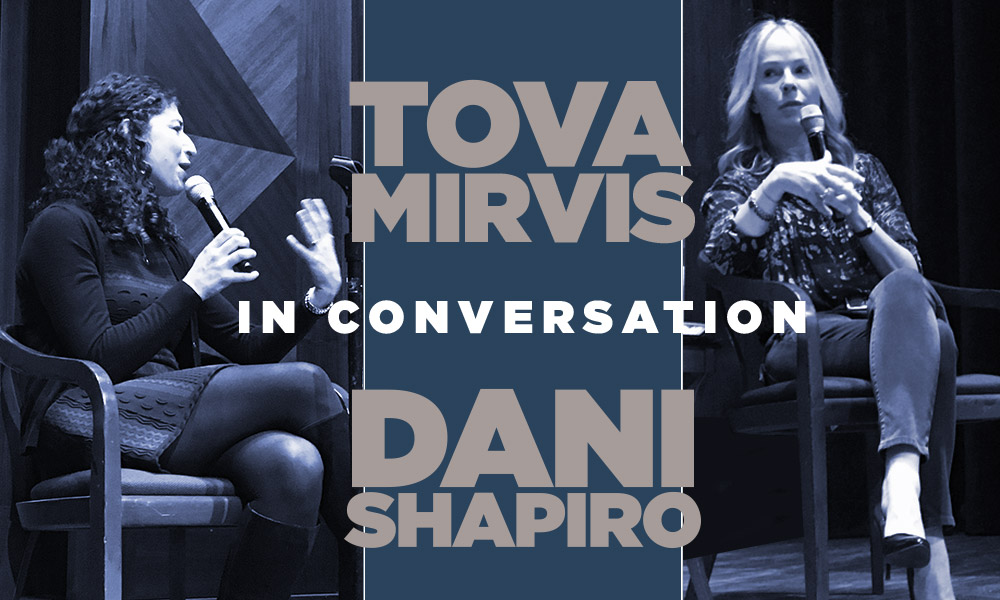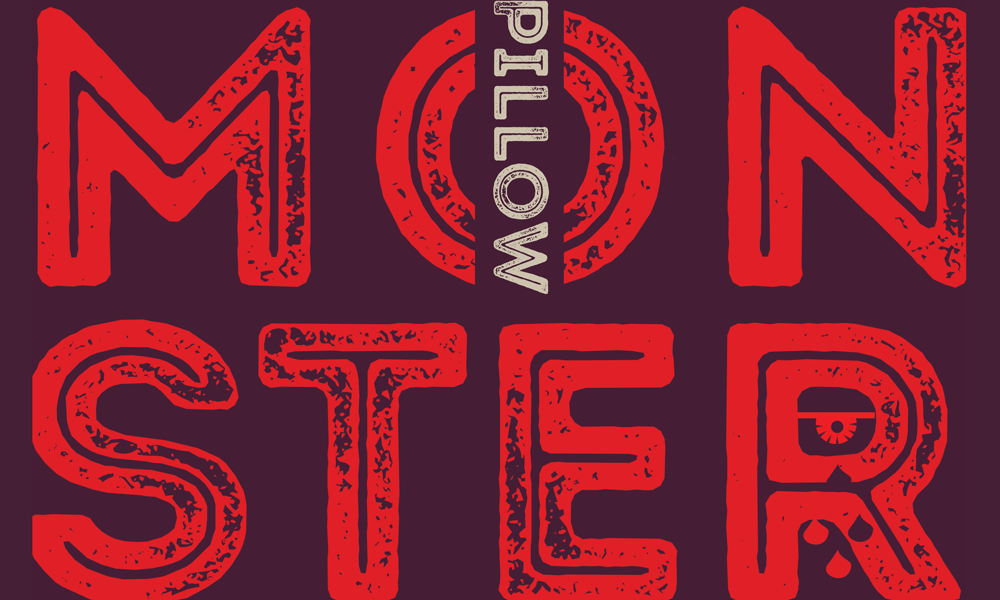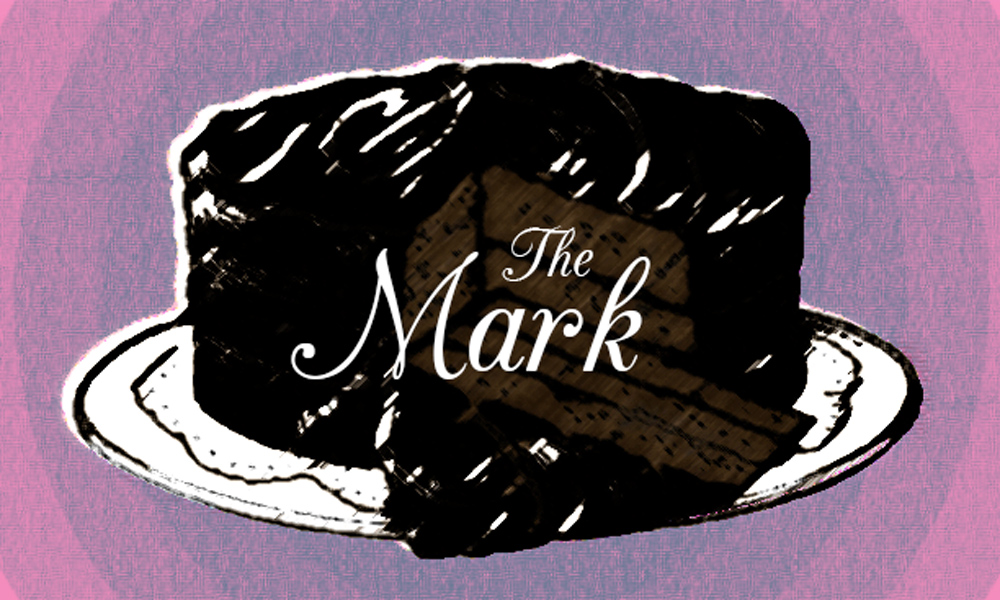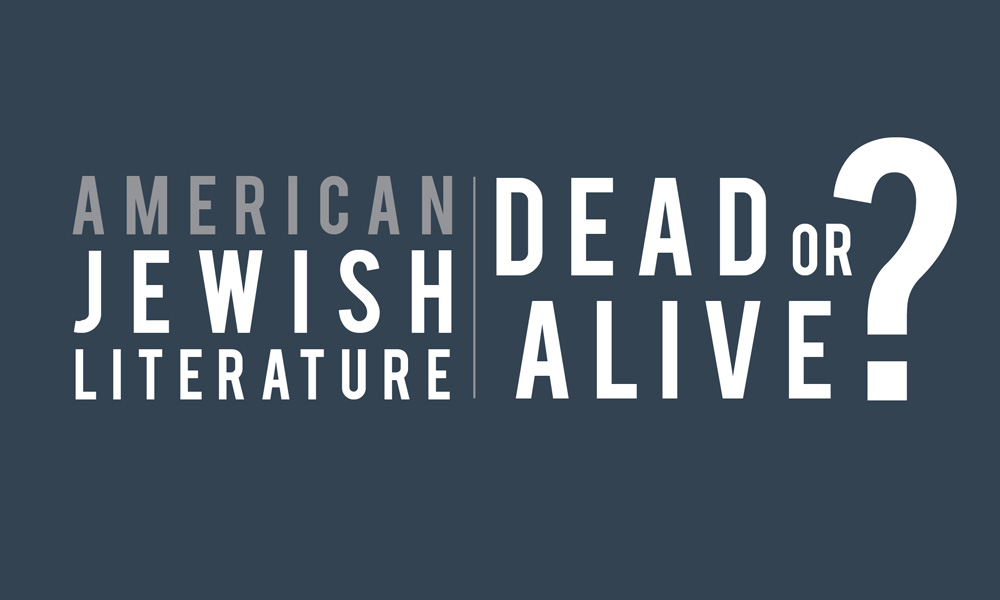Roi’s old friend from the army, Tal, had been an actor before he got religious, and now he wanted to make another film and wanted Roi to do it. An action flick. Tal checked with his rebbe in Bnei Brak and it was all right.
“Whoa, man. Looking like that?” said Roi, waving at Tal’s face—the beard, the peyis spiraling down over his ears, the black kippah. They were at a café on Sheinkin. It wasn’t certified kosher, but you couldn’t traife up espresso beans.
Tal had an answer ready right away. He said the movie would be about a former con man who’d found God but was dragged back into crime by his former con man buddies to do one last heist. So he does. It goes wrong and he goes to jail. Or maybe it goes right and he makes off with a pile of stolen cash. Tal hadn’t figured that part out yet.
“How can you make a flick like that?” Roi said. “It would have to have some cheesy ending where the guy sees the light again and gives it all back and comes to his knees in repentance. It’ll be terrible. Shit. I can’t direct shit like that.”
“No, no,” Tal said. His eyebrows were thickly bunched in concentration. Roi hadn’t noticed before how hairy Tal’s eyebrows were. Maybe because now there was so much additional hair in the same neighborhood. “It’ll be a real heist movie with a real heist movie ending. Prison or victory. The fact that the guy’s religious will have nothing to do with it. He’ll just be like all the other scumbags and thieves, only with”—he waved at his face—“this.” He paused. “What?” His dark eyes looked hard into Roi’s. “I’m not asking to film my life questions. No deep meaning here. I promise.”
Roi didn’t believe him, but he didn’t have much else going on, and Tal was a good friend. Also a good actor. Really good. The Americans were about to recruit him and make him into a star, but then Tal disappeared into some yeshiva or other. But before that, you could tell Tal was onto something. When everyone else in workshops were protecting themselves and not wanting to get in touch with their inner murderers or thugs, Tal, with no acting classes at all, threw himself into it whole hog. A woman, a dog, a Nazi, a prissy British schoolmaster, he was totally there. So there it practically killed him. He felt everything. And was everything. He could be an eggplant or your conniving uncle or psychotic cousin. It got to be too much. Totally permeable. Eight, nine films. It was after that that he got religious. He said if he was going to feel everything in the universe, maybe he should try feeling God. Roi wasn’t crazy about religion but he thought Tal had a point. It didn’t cost him anything and was better than drugs or another trip to India or a psychiatrist. The only side effects were the dark clothes and the hair.
Also, Roi had to admit, Tal looked much better these days. He’d put on needed weight and the little flecks of gray in his beard gave him some nice dignity. Though removing the tattoo had hurt. Roi was there and saw. It had been on Tal’s upper arm, a small anchor with a coiling rope, like in American sailor movies. Very popular. Which is what the guy in Goa told them when he sold Tal the design, the two of them decompressing in India after the army like all the other hollowed-out Israelis looking for a shred of bliss. About Tal’s tattoo Roi liked to say that he was there for both the installation and the teardown.
Roi called up a couple of producers he knew in north Tel Aviv where the money lived and said he had an amazing project but couldn’t say who was attached but that when they found out it would blow their minds. Everyone in Europe would be jumping all over this one. He was giving the Israelis a heads-up because he loved them and there was loyalty and it felt only right to give them first dibs before he went to the French or the Germans or the Australians. Is it Tal, is it Tal Geffen, they wanted to know, but Roi played coy. I can’t say. Soon. I promise. Soon. They were all immediately on board, Roi’s past flops forgiven. Roi was a good salesman. He knew it, they knew it. Nobody minded a little manipulation. It’s how the game was played. They played it in T.A. the same way it was played in L.A. and that made the Israelis feel good: They were as pro as Hollywood. Except in Israel they all knew each other for a hundred years and went to school together and the army and to each other’s kids’ bar mitzvahs. Which had its drawbacks. They drove each other crazy. Nobody was polite. They loved each other like brothers, which could make them all want to kill each other until they made up and all went out for beers on the beach.
After India, where Tal’s brain got wrecked on E and raves and too much inward gazing, because after the army, nobody could bear to revisit that experience even in their best nightmares, Roi and Tal went together to New Jersey. They worked the Dead Sea products pushcarts in the malls and then Roi went to film school in Manhattan while Tal recuperated on Roi’s couch from the strain of employment and made the hummus. Roi got his tuition paid by an 85-year-old Jewish philanthropist in New York who wanted Israeli films to stop being only about traumatized Holocaust survivors finding redemption on kibbutzim or the Mossad chasing down ex-Nazis in South America. That’s all Americans ever saw, the philanthropist, Mort, said. Could Roi learn to make movies that showed ordinary Israeli life? Mort had read somewhere that Israel was one of the happiest countries in the world, according to surveys. Why was that? Could Roi make movies to show that?
He could, Roi said, and Mort shook his hand and paid two years’ tuition and invited him and Tal to his and his wife Ruth’s boat in the Hamptons whenever they wanted. Roi dedicated his first film to Mort, who died before it was released but not before arranging distribution, and for awhile Roi was a hot property.
The heist, Tal told Roi the next time they met, which was at a kosher joint on Tchernichovsky because Tal was hungry, would involve diamonds. Which Roi immediately said posed a problem because a) no diamond dealer would let them near the goods to film and b) Jewish diamond dealers were a hackneyed stereotype. Roi wanted Tal to come up with something original, something not involving jewelry or gems since the genre had been thoroughly saturated, starting with the mother ship Hitchcock heist about jewels and gems in the 1950s starring Cary Grant.
Paintings? Tal wanted to know, working his cheese toast. A treasure map? An ancient codex? Coins?
Done, done and overdone, Roi told Tal, watching him eat. The cheese looked like the old government-issue yellow cheese, which surprised Roi as he hadn’t thought about that in a long time. It wasn’t the actual government brand because that didn’t exist anymore, but this was just like it, bland yellow squares, and seeing it gave Roi a puddly nostalgic feeling for his childhood when nobody in the country had any money and everyone felt heroic because there were more important things to worry about than gourmet food. Now all the places made trendy goat or sheep’s cheese toast, which was tasty but not the same in terms of character building.
“How about Judaica?” Tal said, picking up his second half.
“No, no. Too kitschy, sentimental schlock, grandma’s candlesticks hidden in her quilt while escaping a pogrom in the Pale. And anyway what kind of black market is there for that?”
“A big one! Don’t you remember the display case at Mort and Ruth’s penthouse? Brass menorahs from the trash heaps in Spain? Handmade silver Torah pointers and 12th-century spice boxes? Who knows where Mort got all that? He’d have gladly paid some shady middleman.”
Roi said he didn’t remember any of that stuff at Mort and Ruth’s. It had been 16 years ago, after all.
“I remember,” Tal said, plucking the olives off his plate and popping them into his mouth. They looked like very good olives. That was one thing the country was very skilled at. Some Israelis were now curing their own olives, like the Arabs did, instead of buying them at the supermarket. It was a trend. Like getting a share of a vineyard if you lived in California. “The man was devoted to the Jewish people. Loved everything about them. Made a big impression on me. An inspiration.”
Roi said he believed him. All Roi remembered was the yacht. Someone said Spielberg had one nearby, so Roi went there often, hoping.
Tal’s first acting role was in Roi’s debut film. Honoring Mort’s wish to portray ordinary Israeli life, the story was about four post-army friends with nothing to do after India and who were now in Tel Aviv filled with angst about their tormented country and their tormented tattooed selves. Roi couldn’t afford to pay four professional actors so Tal took one of the parts for free because how hard could it be to play a guy lying on somebody’s couch unable to move? He was amazing at it and the film was a hit. Tal became a celebrity. Women threw themselves at him. People stopped him on the street to say he was just like their brother or son or cousin and to ask how he ever got out of the funk and off the sofa.
They were asking about his character but it applied to the real Tal too. The answer of course was Shira, who had a bit part as the love interest of one of the other guys and had nothing to do with Tal’s character. But though in real life Tal fell hard for Shira, Shira fell harder for Roi and became Roi’s girlfriend and, not long after the film wrapped, his wife, so Tal didn’t mention her when people asked about the cure. It was one of those things that could’ve destroyed the friendship but didn’t. It took a while for Tal to recover, which he did on one of the other guys’ couches. Roi and Tal still loved each other like brothers after that because what could they do, it was Shira’s choice.
Tal’s next idea was that the object of the heist would be a priceless antiquity, a clay statue of a Canaanite fertility goddess with pointy breasts and prominent genitals. Mort had a couple of those in his display cabinet. Eight or ten inches tall, very valuable. They also made a big impression on Tal.
“Are you crazy?” Roi said. This time they were in Roi and Shira’s apartment on Bograshov. Roi brought fried eggplant and schnitzel and salad from the takeout place on Dizengoff to the coffee table. Shira was in Helsinki making money to support Roi’s art because she was a crackerjack software developer and believed in him, but Roi worried that the spousal gravy train was going to dry up. He hadn’t had a successful project in six years. Shira was thirty-nine and dropping hints about a baby. A little Roi. A little Shira. A little Shiroi.
“How could your rebbe approve a movie about a pagan idol?” Tal was stretched out on the sofa looking at the ceiling like it was psychoanalysis or the old days on Roi’s couch in New Jersey. “Blank check, the rebbe said. I can make any film I want. Because I’m supposed to do whatever I need to fulfill my destiny as a human being.” He pulled himself up and suddenly noticed the food. “Who is each of us in the image of the Creator? That’s the essential question. The only sin is to fail to use the gifts you were given when your soul was being filled up for its earthly existence.”
“You make it sound like you go to a pre-life gas station and then someone in charge decides whether you get diesel, hi-test or regular.”
“It’s exactly like that! I’m personally limping along on regular.”
“And this is your rebbe’s philosophy?”
Tal heaped up a plate and passed it to Roi, then made a plate for himself. The fried eggplant was the takeout place’s specialty. Nobody else’s compared. “Yes and no. His and mine. Mine of course is adapted from sources more learned than myself.”
After the debut four-Tel-Avivis-on-the-couch movie, Roi and Shira went on a three-month honeymoon in the South Pacific and then came back and blew what was left of their money on a motorcycle and a down payment on the overpriced flat on Bograshov at the peak of the market. After that, to keep fulfilling Mort’s wish to make movies about ordinary life, Roi made two films about gorgeous post-army Israelis surfing and clubbing and driving around near the high-rise beachfront hotels in fancy cars they got from somewhere—it was the movies, so a little license was allowed. It was like Hawaii Five-0 without a plot. The characters brooded about the meaning of life during the day and then went out at night and sucked it dry. Sex. Booze. Drugs. Jaunts to Berlin for the jazz. Jobs of no description. Mothers and fathers who fed them whenever they dropped in and didn’t disapprove (again, it was the movies). Tal was in both of them. He was in great shape. The occasional pallor from the late-night lifestyle and excess weed was nothing a little makeup couldn’t fix.
At first, audiences loved them. Look how cool we are! How free! But with the second one, people started to get depressed after the screenings. They’d leave the theatres feeling hopeless. There was too much aimlessness in the action, in the actors’ faces, in their body posture; nobody could make a commitment to anything, not even breakfast. The films were trying too hard, people said. Emptiness infected them like an invisible plague. The Porsches and Maseratis—which were faked, Roi had a great mechanic in Holon who could fix up a Nissan to play the part—couldn’t cover up the hole in the center of every scene and every character. This was no longer a happy country. Roi Fein was warped, Mr. Alon Know-It-All Tamir wrote in Haaretz, and his leading man Tal Geffen needed to get some sun and nutrition.
What a philistine! Roi fumed while they pored over the reviews at the late-night beer joint at the port. But after that Roi changed direction. He apologized to Mort in his grave at the Gates of Eden in East Hampton and made a feature about a scarred Holocaust orphan who finds love in the arms of a beautiful Sabra in a settlement on Israel’s perimeter on the eve of the War of Independence, which wasn’t called a kibbutz though everyone knew it was, including Alon Tamir, who called it a derivative mash-up of exhausted themes without a single original sentiment. This was quickly followed by a caper about a disgraced Mossad agent tracking an aging Nazi in Ohio in hopes of restoring his honor, which critics called tired and predictable despite the hunt taking place in the American Midwest instead of Argentina. Roi’s next two projects were for a British children’s network Shira connected him to through a London contact she had at work, but neither aired due to changes in management, though Roi did get paid a small kill fee and was told they loved his style and would keep him in mind for the future.
Ditch the sexy Canaanite idol, Tal said at their next meeting. Even if his rebbe approved, there was a limit to what Tal could pretend to get excited about. He was, after all, a religious man. He had his principles.
“Let’s come up with something fresh,” Tal said, spreading tehina over his charred eggplant. They were in Jaffa near the water. The place was famous for roasting the vegetable to perfection. The only other place you could get eggplant this good was in the Druze villages up north on the Syrian border where they did it on charcoal in open pits. When Roi and Tal were in the army, they went to the villages regularly to eat; the men smoked hookah with them and brought them packages to smuggle through the strip of no man’s land to their relatives on the Syrian side—lace for wedding dresses, antibiotics, cell phone chargers. Roi and Tal and the rest of their unit did the smuggling during their regular forays to look for snipers. It was a cat and mouse game. The snipers were always there, waiting for the Israelis. Sometimes the cats won, sometimes the mice. You could keep score by the number of packages that got through. “Something with meaning,” Tal said. “What do you say?”
Roi sipped Turkish coffee. He loved the stuff, but lately it had been upsetting his stomach the way it did to old men who couldn’t handle it anymore. Turkish was a tough guy’s drink, botz, mud, it was called when his father was growing up and all they had was the lousy Nescafé powdered instant and botz, and now his father couldn’t handle mud anymore either. The truth was, Roi’s stomach had been giving him trouble for weeks, and he’d have preferred to meet at the apartment with a heating pad over his gut, but Shira was back from Helsinki. She didn’t mind Tal, but she didn’t like him hanging around their place. She was afraid he’d never leave. She always knew when he’d been there. She’d come home from work and plop down her two laptops and sniff the air like a tracker, and if she detected anything hinting at Tal’s presence, she’d ask Roi. Roi didn’t lie.
“I should go back to Mort’s wishes,” Roi said. “Forget the high crime stuff and the other crap. Do regular life again. But not burned out post-army guys. Different regular life from what I did before.”
Tal scooped up tehina with his pita. “What’s regular life here? Women dragging their shopping carts to the vegetable man? Cats in the alley shrieking? Ten kinds of strudel in the bakery window? Fat old Russians at the beach?” He pushed the other eggplant half to Roi and passed him the bread basket.
Roi had already done fat old Russians at the beach, but Tal didn’t know that because he was at the yeshiva then and didn’t go to movies. The film had been a series of artful moments, glimpses of intentionally composed Tel Aviv life meant to show the clash of the real and the surreal: Hare Krishnas in blazing orange dancing barefoot down the cluttered center aisle of the shuk. African refugees playing bridge in Levinsky Park. Prostitutes in leather skirts studying for the dental school admissions exam. All of it wrapped in a looping montage of big pasty Russians swimming in the sea during all seasons. The point was elusive, something about complacency and indifference, the interplay between tragedy and hope, reality and image, etcetera. The film was called Irina and Boris On the Shore after Haruki Murakami’s Kafka On the Shore, which Roi admired but didn’t entirely understand, but none of the critics got the reference and none of Roi’s investors got their money. The film was panned as eye-rollingly pretentious, evidence of Roi Fein’s complete professional floundering, plus it was insulting to Russians who’d been in the country too long to be a clichéd laughingstock anymore.
“What exactly did Mort say again?” Tal asked, polishing off his eggplant half and another pita. He’d lost 15 kilo during the army and India and, all these years later, was still making up for it. But Tal never got fat. All that religious discipline kept him from going overboard. “About being a happy country?”
“We’re the eleventh happiest country in the world, according to surveys. Better than the U.S., the UK and France. Self-reporting. A contented life.”
Tal wiped his mouth with his napkin and nodded sagely. “Amazing. Great eggplant.” He looked at his watch. “Gotta go. Mincha. I pop in at the shul over there whenever I can.” He pointed with his chin to a crumbling archway crammed between a shoe store and an electrical supply, then took a 50 shekel note from his wallet and put it on the table, waved away Roi’s objections. “On me, brother,” Tal said.
Roi watched him go. His stomach hurt. He shouldn’t have had the Turkish. One night, when he and Tal were posted on the Syrian border, the snipers crossed over no man’s land and killed everyone in the unit except them. They were standing on a rise 30 meters away looking for a meteor shower that never happened.
The sixth movie Roi made, after the four zoned-out Tel Avivis on the couch and the Hawaii Five-O imitations and the derivative mash-ups, gave everybody multiple lovers because he figured that’s why Israel was one of the happiest countries: a lot of sex. Sex enhanced by the great weather and the beach and the fear of death hanging perpetually over everyone’s heads. The new film had a cast of eight, including Tal and not including Shira, who by then had given up acting and was at university learning computer programming, and in it, everyone hopped in and out of each other’s beds, women and men, men and men, women and women, and nobody was ever possessive or jealous or hurt and instead were cool with all that. In addition to having great sex—which wasn’t shown on-screen but was artfully implied—the characters cooked great meals together and read great passages of novels aloud to each other and went out en masse to restaurants to eat big plates of schnitzel and eggplant and salad and have beer and wear sunglasses. The movie had some minimal commercial success because of young audiences who thought it presented a better ideal than the slickly packaged American sex-and-the-city genre and—a surprise demographic—the old Socialist pioneers who were reminded of the early days of the state when people on the kibbutz refused to bend to the bourgeois conventions of marriage. Alon Tamir came out of retirement to offer his condolences and pronounce it a regressive step back to Roi’s first cinematic failures. Tal, who’d sat out Roi’s other disasters, busy on projects directed by a pair of Canadians trying to get into the artsy Tel Aviv scene, was the star of this one. The tattoo was especially prominent and credited, or blamed, depending on your point of view, with starting the Israeli craze for body ink, which previously had been taboo because of Jewish law and also Auschwitz. Despite the reviews, Tal retained his status as a celebrity. Hollywood came calling. His agent claimed he was dating models.
But soon after the film came out, Roi saw worrisome signs in his friend. Tal had thought all the freewheeling sex alluded to in the movie and practiced for real after hours was great, but he’d fallen hard for Mor, one of the actresses, and again it wasn’t reciprocated and Roi felt really bad about that. Weren’t actors supposed to fall in love with each other on set? It happened all the time; mythic romances had blossomed that way. Paul Newman and Joanne Woodward. Humphrey Bogart and Lauren Bacall. Gene Wilder and Gilda Radner. Instead of flipping head over heels for Tal, Mor let herself be seduced by the French noir experimental cinema because of her dark sultry looks and expert facility with the language—her family was Moroccan—and promptly moved to Paris, and Tal retreated once again to Roi’s couch, this time in Tel Aviv where the couch also belonged to Shira. The funk lasted a year, during which time Tal never left the apartment, which was also as long as it took for Roi to get backing for his next feature, a low-budget flick about a jolly fishmonger in Jaffa who made everyone happy because of the superb quality of his goods. Tal, who’d been ducking Hollywood’s calls and was barely able to get himself to leave Roi and Shira’s living room, played the fishmonger’s son who didn’t want to inherit the family business and instead wanted to surf and drive around in big cars near the high-rise hotels and meet girls. The movie tanked but it wasn’t Tal’s fault. It was because it was a ridiculous idea. There were fishmongers in Jaffa but none were especially jolly. Or if they were, nobody would make a movie about them.
Tal hung in for what Roi later called his minimalist Tel Aviv Luxe period. Luxe because they were filmed at nice clubs that let Roi use them for free for the exposure and minimalist because they were shorts and had no budget except for what Roi pulled out of his and Shira’s overdraft. Tal played a series of lovesick men intoxicated by sultry female singers. After the fourth and final Luxe, and falling for Adi who played a smoky chanteuse with a nicotine voice whose turf was the piano bar at one of the high-rise hotels and who in real life was scooped up by a German director intent on making her into the next Marlene Dietrich, Tal had had enough. After listening to Roi fume over too many beers at a pub on Allenby over a review by the successor to Know-It-All Tamir who called the star-crossed lovers’ chemistry as hard on the eye as that between Marge and Homer Simpson, Tal got up from the table and walked out and disappeared into the humming incantations of black-hatted Bnei Brak and didn’t come out for a very long time.
They met at an outdoor vegan place on Rothschild that was emphasizing the raw and fermented. Tal thought it would be good for Roi’s sensitive gut. He urged the sauerkraut salad and keeping an open mind.
“Look, I know we haven’t nailed the story yet but whatever it is, I’m sorry to say I can’t do it,” Tal said, tucking into a pizza he couldn’t believe wasn’t cooked. The cheese was made of cashews, the crust of flax seeds. “I realized that if there’s a love interest in the movie, and there’s got to be a love interest, she’d have to be my real wife. Because, you know—” Tal waved in the general direction of his person—“I can only have physical contact with a female who’s my wife.”
“But you’re not married.”
“Exactly. Though I’m being fixed up by my rebbe with a woman this Saturday night. Used to be a singer before she got religious. Divorced. A couple kids. Gives piano lessons. She might be the one. I’m thinking I’m ready.”
Roi drank a seaweed cocktail and Tal ate the pizza and they talked about their old army buddies and Shira’s punishing work schedule and the insane new defense minister and Tal’s sister Irit who was moving back from Miami because she wanted her kids to be Israeli, and then they gave each other a hug and Tal went on his way. His rebbe was encouraging him to think about becoming a welder. He’d liked that in high school and dabbled in it before he became an actor, and manual work was good for the soul. Tal was looking into it. Roi sipped his seaweed and watched him walking slowly up Rothschild. Maybe the pizza was slowing him down. Or the new career idea. Or he was thinking about the date. That it was time to settle down. Wife. Kids. At some point you had to grow up and face mortality. Not the mortality of death by sniper fire or explosions or war. The other mortality. The one that went by the clock. The regular one that the rest of the world lived by, if they were lucky.
The waiter came and asked if he should clear Roi’s friend’s plate. Tal had left the olives that came with his pizza, which was a shame because the olives, whatever else might be wrong with the country, were always very, very good. It was one of the reasons people were so happy. He told the waiter to leave them and the waiter nodded and told him to take his time. The waiter wouldn’t want to throw the olives away either.
Roi’s phone buzzed. A text from Shira. Shira had asked him last night: hypothetically, which did he prefer—Oren or Omer for a boy, Liat or Lilat for a girl. He said he had no preference. Well, you need to have one, she said. He was 39 years old and he needed to choose.
He finished his drink and ate an olive and watched Tal walk up Rothschild. He watched for a full five minutes, watching him go from being a regular-size figure to a tiny speck to nothing, vanishing seamlessly into the crowds at Allenby.
He had his film.
Tal wouldn’t be in it because you should never play yourself. In fact Tal would probably never see it because where he was going, you didn’t see movies. And Roi wouldn’t be in it either. For the same reason. Not that he was an actor, but there were times he was tempted.
But that was for later. For now, if he hurried, he could get home before it all slipped away. Turn on his computer and get it down, begin while he still had time—before Shira gave up on him and Mort rolled over at the Gates of Eden and his investors changed their minds and his own clock ran down and Tal came back out again, still searching for the thing that would make them happy.
This story is the second-place winner of the Moment Magazine-Karma Foundation Short Fiction contest.
Joan Leegant is the author of a novel, Wherever You Go, and a story collection, An Hour in Paradise, which won the Winship/PEN New England Book Award, the Wallant Award for Jewish Fiction, and was a finalist for the National Jewish Book Award. From 2007-2013 she was the visiting writer at Bar-Ilan University outside Tel Aviv, where she also lectured on American literature and culture for the U.S. State Department and taught English to African refugees. Formerly a lawyer, Joan has taught at Harvard, Oklahoma State, and Cornish College of the Arts in Seattle. She lives in Newton, Massachusetts.



